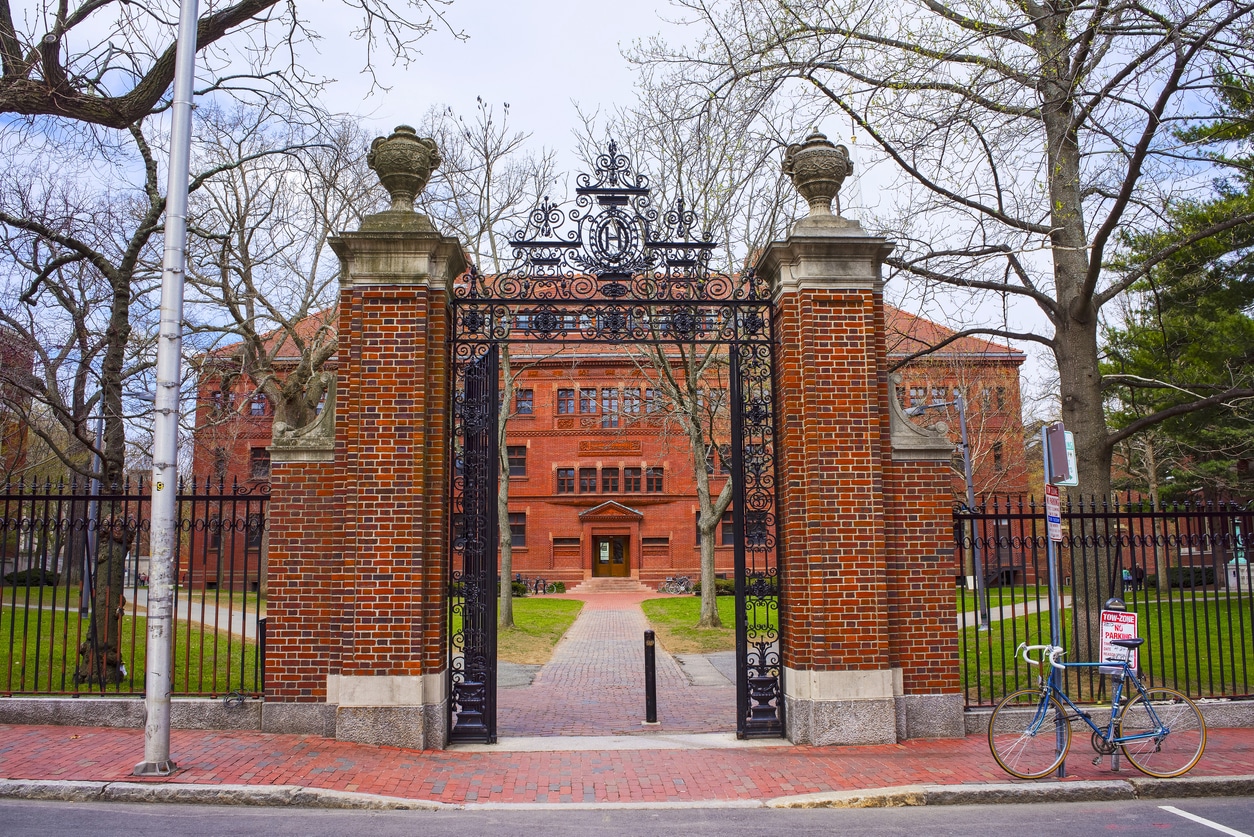Asian-American Students Sue Harvard Over Affirmative Action Policies
Competition for admission into America’s Ivy League universities has never been tighter. Students compete on grades, extracurricular activities, volunteer work, and awards. Still less than 5% of applicants get admitted to Harvard College. Now a lawsuit says the the school’s affirmative action policies make Asian-American students the victims of racial discrimination.
In this blog post, I will review a lawsuit filed by Asian-American students rejected by Harvard University. The complaint claims the university’s Affirmative Action policies create racial discrimination against minority students. I will review past Affirmative Action cases and explain when a college may consider a student’s race in deciding admissions.
Lawsuit Says Affirmative Action Policies Create Racial Discrimination in Enrollment
A federal district court in Boston, Massachusetts, has been asked to rule that Harvard’s Affirmative Action policies create racial discrimination in enrollment. The plaintiffs — all Asian-Americans represented by Students for Fair Admissions — say their applications were unfairly rejected from the Ivy League school based on their race. They say Harvard has set an illegal restrictive quota for the number of Asian-American students accepted to the university every year.
According to the lawsuit Harvard University’s Asian-American admissions has been stuck at 18% even though the national population has changed over time. In contrast, Asian-Americans make up 34.8% of the University of California, Los Angeles (UCLA) student population, 32.4% at Berkeley, and 42.5% at Caltech. However, part of this disparity may relate to the higher Asian-American population in California.
Is Affirmative Action Racial Discrimination?
Affirmative action has been through the courts before. Colleges and universities have long considered an applicant’s race as part of admissions, generally to promote diversity on campus. But isn’t treating applicants differently based on race illegal racial discrimination?
In 1978, in Regents of the University of California v Bakke, the U.S. Supreme Court said using racial quotas was illegal and violated the Equal Protection Clause. But that decision did allow colleges and universities to use race as one factor among many if done to achieve diversity.
In 2003, the U.S. Supreme Court considered two more affirmative action cases involving the University of Michigan and its law school. There the court again said using race as part of the admissions process was allowed, but the university’s point-based system (which awarded up to 20 points out of a total 150 points for an applicant’s race) went too far. The Court said the overly mechanized system created racial discrimination in the application process. Notice, these decisions are based on Equal Protection under the Constitution, not federal civil rights laws.
Most federal Affirmative Action lawsuits are brought by members of the racial majority. White applicants will argue that they were passed over in favor of minority candidates. In fact, Students for Fair Admissions have represented those white applicants before against the University of North Carolina at Chapel Hill and the University of Texas at Austin.
Asian-Americans Split Over Claims of Racial Discrimination
This time, the plaintiffs are themselves a racial minority: Asian-Americans. The students say that Harvard (and other elite colleges not named as defendants) holds Asian-Americans to a higher standard than other applicants. They accuse the school of using racial balancing in their admissions process, which they say violates Equal Protection.
But not all Asian-Americans feel the same way. Some believe Harvard’s admissions practice and its diversity has enriched their educational experience. Emily Choi, who will be a junior with a history and literature concentration at Harvard this fall, told the New York Times:
“I firmly believe in affirmative action. . . . The diversity at Harvard has been key to my learning, and I think that if there weren’t so many people of different backgrounds, I wouldn’t be forced to think about things in new ways.”
Does Harvard’s Affirmative Action Policy Pass the Many Factors Test?
The question for the federal district court is whether Harvard’s Affirmative Action policy lives up to the standard set in earlier Supreme Court cases. Harvard’s attorneys originally objected to releasing the university’s admissions criteria out of fear that incoming applicants may use it to game the system. But now, many of the details of Harvard’s Affirmative Action policy have come to light. The university reports that it considers an applicant’s:
- Grades
- Test scores
- Intended major
- Personality
- Race and ethnicity
- Geographic region (rural vs urban)
- Parents’ occupations
- Extracurricular activities
In addition, the team considering these applications can give “tips” (admission advantages) to some applicants who are:
- Racial and ethnic minorities
- The children of Harvard or Radcliffe alumni (legacy)
- Relatives of a Harvard donor
- The children of staff or faculty
- Athletes
Applicants on the “dean’s interest list” may have particular clout; and the “Z-list” helps students who have weaker academic scores. In testimony taken recently, Judge Allison D. Burroughs seemed to be particularly interested in whether these “tips” and lists could create inadvertent racial discrimination based on the unconscious bias of the evaluators.
Over the years, colleges and universities have seen federal courts limit their ability to use Affirmative Action policies without raising racial discrimination concerns under the Equal Protection Clause of the 14th Amendment. Commentators are saying this Harvard case is set up to take the matter back to the U.S. Supreme Court. Whether Harvard’s claims that the policy promotes diversity will stand up to constitutional scrutiny remains to be seen.
At Eisenberg & Baum, LLP, our employment discrimination attorneys help employees facing gender discrimination on the job, and on campus. If you are the down side of Affirmative Action, we can help you review your options and protect your rights. Contact Eisenberg & Baum, LLP, today to talk to an employment discrimination attorney.


